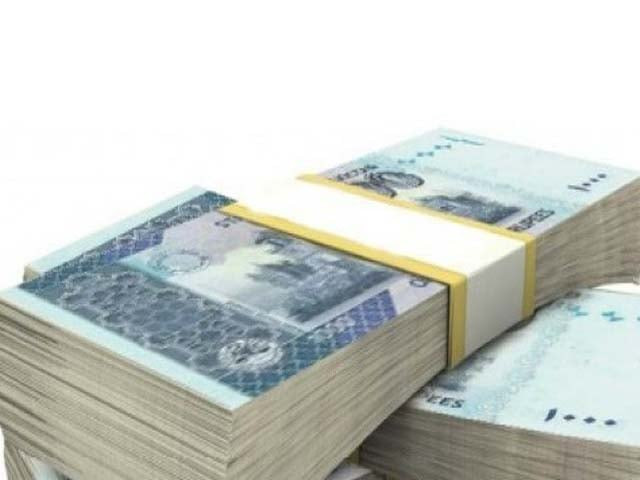The unchecked price spiral

Also Ramazan is just two months away when demand for these and other products rises as faithful try to make good arrangements for their relatives and friends at parties for breaking the fast the whole month. This is the month when everyone from the upper to the lower class tries to have enough food and sweet in their meal. However, faltering economic conditions over the last two years have denied this to many.
Sugar and milk prices have been increased by Rs4 in one go, but the government seems to have not taken any concrete step to tackle such issues. Food inflation has been a persisting problem for the last two years, which propels overall inflation because it carries a major weight of 40 per cent in the basket.
Though there are price monitoring teams, they rarely survey the markets and only issue a price list which is not given any importance by shopkeepers. The list and the actual prices of daily necessities show a wide disparity between them.
Besides, manufacturers market many products without printing prices on them. This gives a free hand to retailers to charge prices at will, which sometimes leads to arguments with consumers. The government has issued instructions for printing prices on the products, but it does not seem to have made any visible impact on the manufacturers.
Even on medicines, prices are tampered with by putting a sticker with a new, definitely high, price on the old printed rate. When asked, the reason is given that the company has increased the rate. If so, why has the company not printed the new price on a fresh packing. This causes doubts among many.
Suicides
Recent stories speak volumes about the inflation and poor financial conditions of people. In one such incident last week, a rickshaw driver killed three daughters and himself apparently due to acute financial problems. A couple of days later, a vegetable trader committed suicide because of being unable to pay off debt to creditors.
Are these types of incidents not enough do awake the authorities, which only announce compensation for the victims and not consider making strategies to prevent such things from happening? According to reports, though the compensation is announced immediately, in many cases it takes years to reach the affected people. Sometimes, the money is not released at all.
Announcing temporary relief, like the Rs72 billion Benazir Income Support Programme, may not solve the problem of joblessness and poverty. What are needed are solutions which can provide a permanent source of money like jobs and control adverse conditions like inflation and lay-offs.
ADB report
The Asian Development Bank, in a book launched last week, said the global economic crisis underlines the urgent need for stronger social protection programmes in Asia and the Pacific and policy-makers must use the current rebound as an opportunity to make the region’s future growth more inclusive. This means the benefits of any economic revival should not be confined to a specific segment of the society and must reach all sections, particularly the poor.
Economic shocks not only have a negative impact on people’s livelihoods and financial resources, but also on human development, including health conditions and educational achievements, the ADB said.
Published in The Express Tribune, June 21st, 2010.



















COMMENTS
Comments are moderated and generally will be posted if they are on-topic and not abusive.
For more information, please see our Comments FAQ